Wednesday, November 16 from 1-3 pm ET
Join this session to learn how seafood certifications view themselves in the responsible seafood landscape and how they are addressing social responsibility and evolving their thinking on that topic. Following brief updates from certification-related efforts by SSCI, CRC, and ISEAL, a panel discussion will address audience questions submitted in advance. If you have technical or specific questions for individual certifications, stay after the session for a 30 minute ‘office hours’ opportunity to chat in small groups with certification representatives.
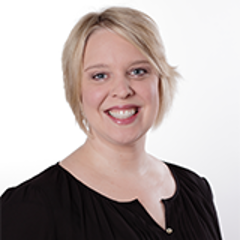
Roberta Anderson
Executive Vice President, GLOBALG.A.P. North America
Roberta has devoted her career to advocating for responsible farming. In her role as EVP for GLOBALG.A.P. North America, Roberta leads strategy and operations for GLOBALG.A.P.’s work in the USA and Canada. GLOBALG.A.P. is a leading global certification program with a mission to bring farmers and retailers together to produce and market safe food, protect scarce resources, and build a sustainable future. Roberta has enjoyed working with the organization since 2014. Roberta is rooted in farming, having grown up on a centennial grain farm in Illinois. She studied agriculture and sociology at the University of Wisconsin and holds an MBA from Portland State University with emphasis on sustainability and food industry management. She has 20 years’ experience working with responsible farming programs, standards, and certification.
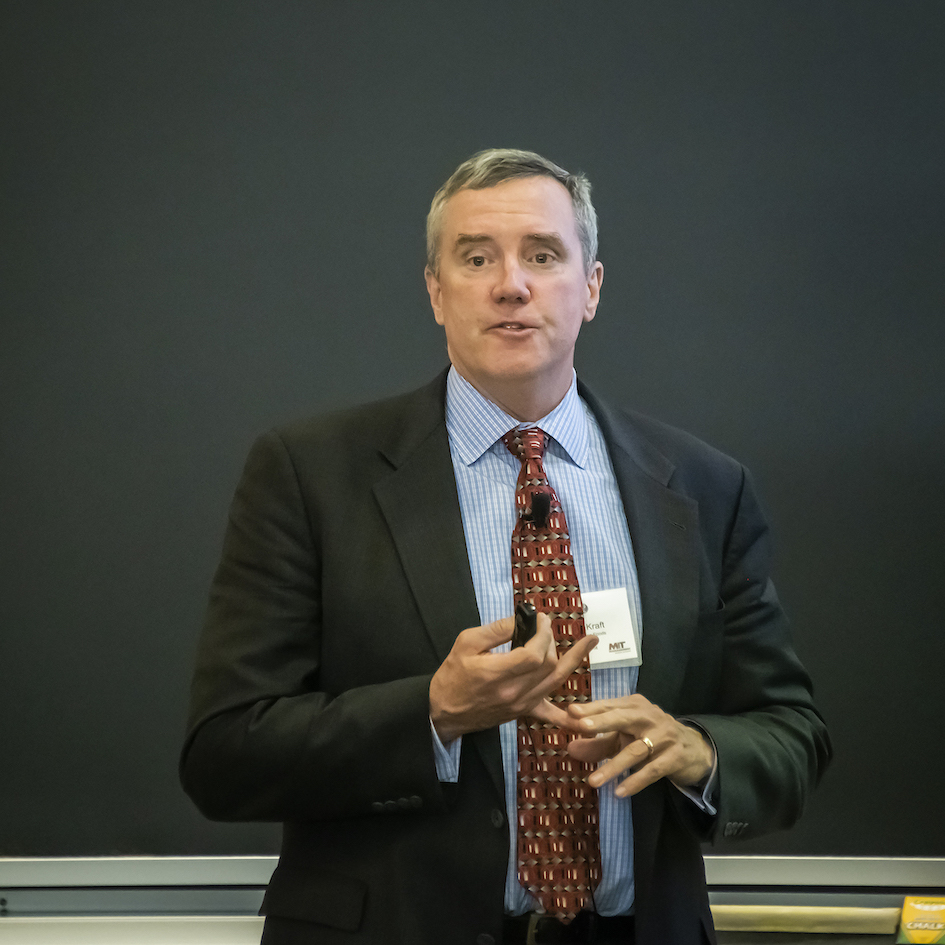
Mike Kraft
Executive Director, FISH Standard for Crew
Mike Kraft assumed the role of Executive Director for the FISH Standard for Crew in February 2021. The Fairness, Integrity, Safety, and Health (FISH) Standard for Crew is a voluntary third-party certification program for crew on fishing vessels harvesting wild-caught seafood. FISH serves as a tool for harvesters to assure stakeholders that their seafood comes from responsible sources with respect to crew treatment. Prior to his current role, he was the Vice President Global Sustainability and Corporate Social Responsibility at Bumble Bee Seafoods, LLC where he led the company’s CSR and sustainability initiatives for over eleven years. Mike joined Bumble Bee in 2009 after spending 5 years with The Clorox Company. In his last role there, he co-led the development of Clorox’s sustainability strategy and drove the strategy across business units and functions.
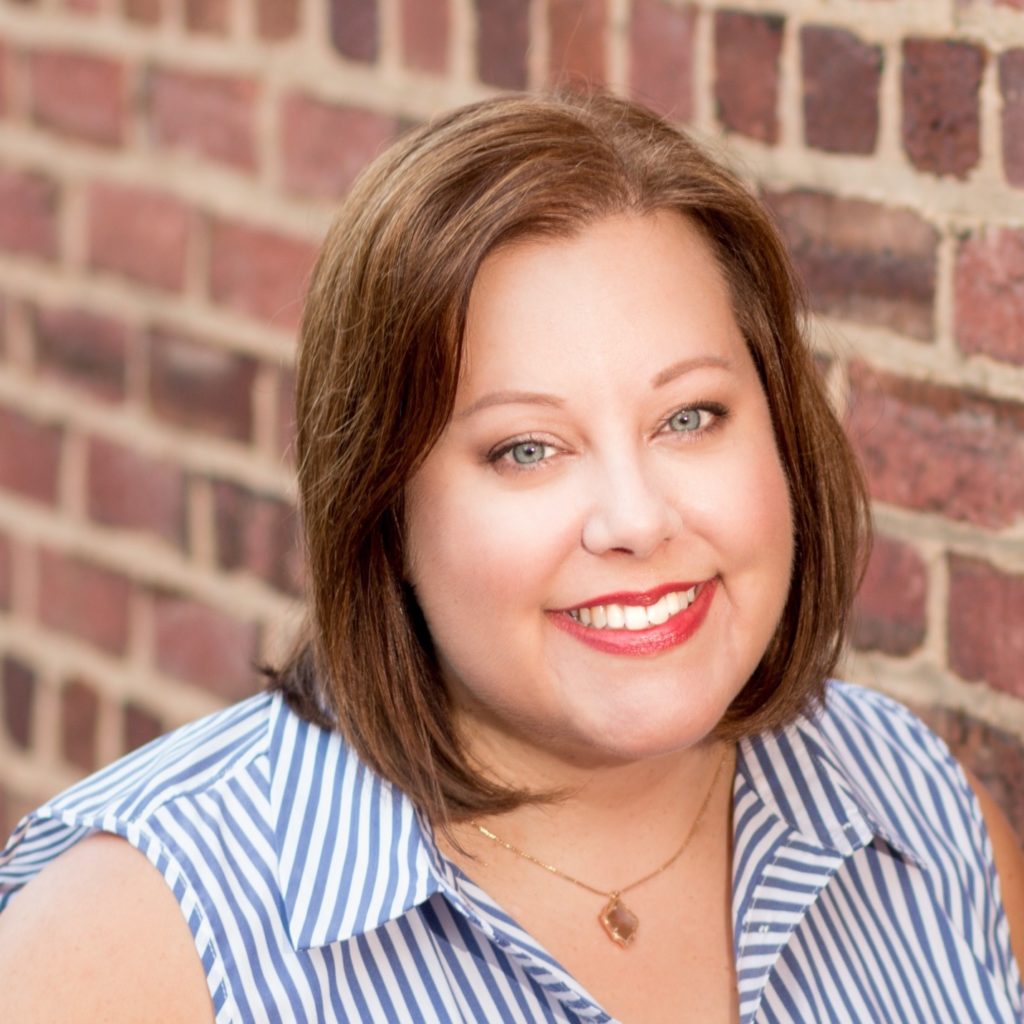
Danielle Lewis
Partner, Springboard Partners
Danielle helps foundations and nonprofit organizations with strategy development, communication, and meeting facilitation. At the annual conference, she will be presenting a brief update on behalf of the Certification and Ratings Collaboration, which she has facilitated since 2015. The Collaboration brings together five global seafood certification and ratings programs to coordinate their tools and increase their impact so that more seafood producers move along a clear path toward environmental sustainability and social responsibility.
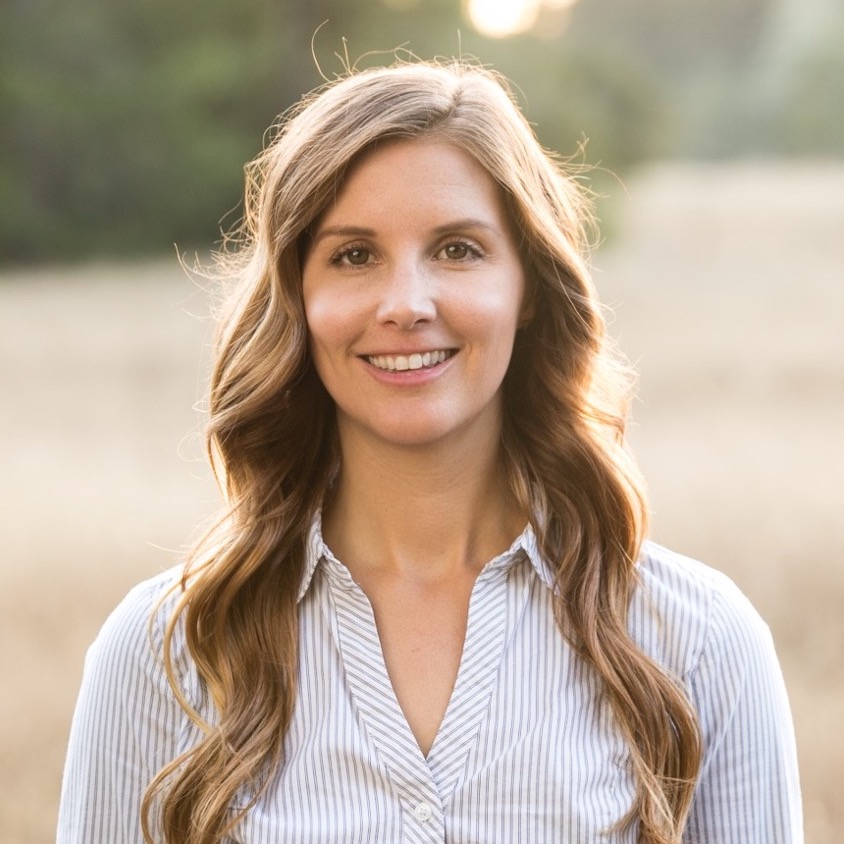
Kathleen McDavitt
US Market Development Manager, Aquaculture Stewardship Council
Kathleen is the US Market Development Manager at the Aquaculture Stewardship Council. In this role, she engages with retailers, foodservice companies, suppliers, producers, and NGOs to expand the uptake of ASC’s certification and labeling program in North America. Kathleen has over nine years of experience facilitating corporate leadership in sustainable seafood. Prior to joining the ASC she was a Project Director at FishWise, leading partnerships with US retailers to achieve environmental and social improvements in their seafood supply chains. Kathleen holds a Masters in Marine Biodiversity and Conservation from Scripps Institution of Oceanography, and a Bachelor of Arts in Environmental Studies from the University of California, Santa Cruz.
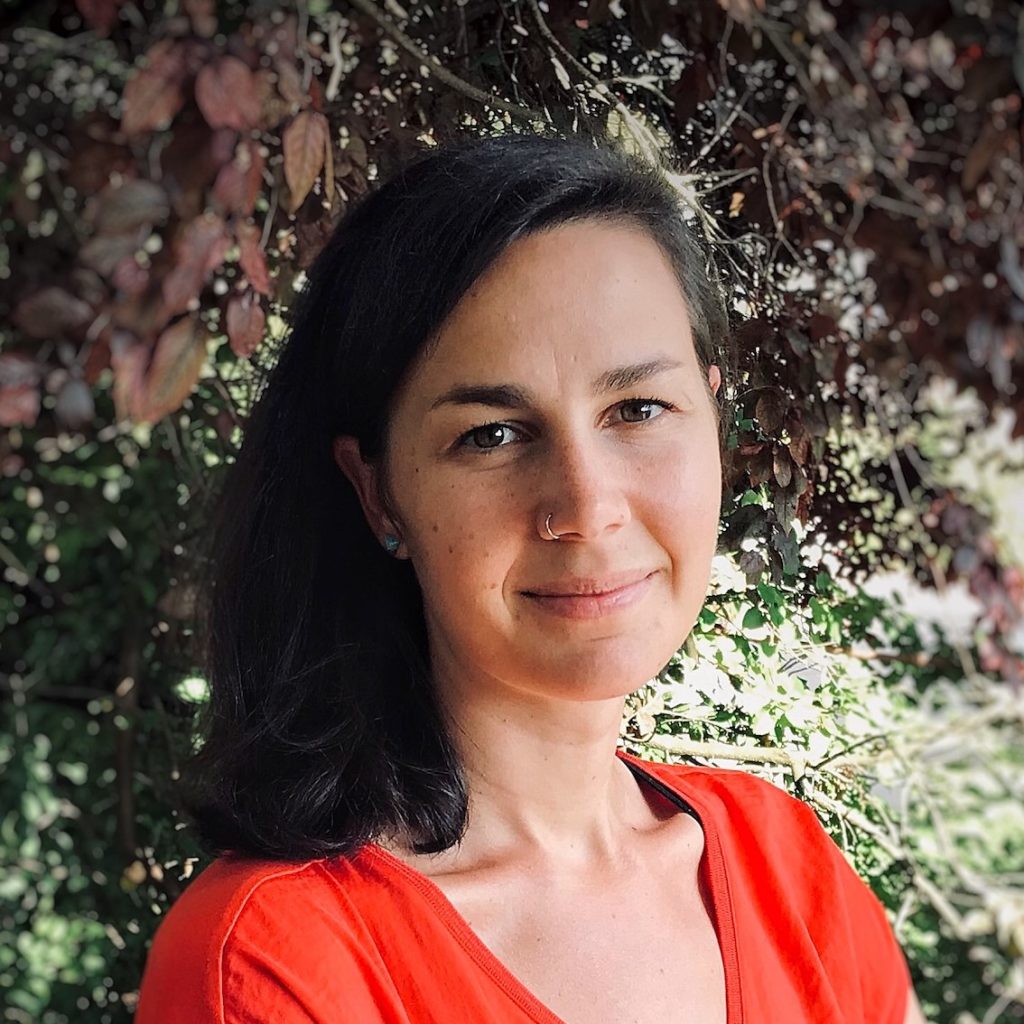
Helen Packer
Lead Seafood Stewardship Index, World Benchmarking Alliance
Helen leads the Seafood Stewardship Index at WBA. She joined WBA in July 2020 and is responsible for ensuring the benchmark methodology reflects stakeholder expectations, preparing benchmark reports of key seafood companies, and engaging with stakeholders to further enhance the use of the benchmark. Helen believes that companies have a central role to play in the transition towards a sustainable world and that benchmarks can be a powerful tool to incentivize change while at the same time improving society’s understanding of the role of business in achieving sustainability. Prior to joining the WBA, Helen led Anova Food USA’s sustainability programs since 2014, collaborating with fishers, fishing companies, and NGOs in the implementation of improvement projects in SE Asia and the South Pacific. Helen holds a BSc in Marine Biology from Swansea University (UK) and an MSc in Aquaculture and Fisheries Management from Wageningen University (NL).
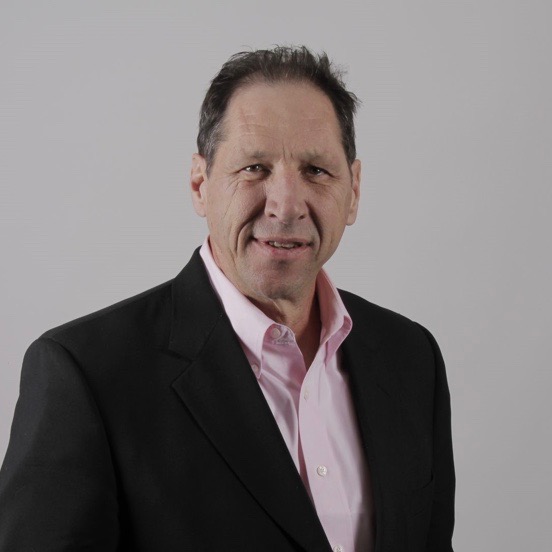
Brian Perkins
Chief Executive Officer, Global Seafood Alliance
Brian Perkin’s introduction to the seafood industry was in June 1974 working in a salt fish factory in Grimsey, Iceland. That winter of 1974/75 he worked on a small island-based boat tub trawling, and then in the spring gillnetting for lumpfish. Over the ensuing 40+ years he has spent a majority of his work life involved in one manner or another with the commercial fishing and seafood industry, including nearly a decade as a commercial fisherman. In 1992 he began working for Diversified Business Communications, organizers of the Seafood shows in Boston and Brussels. Brian was instrumental in launching The European Seafood Exposition in Brussels in 1993. His 16-year tenure running the largest seafood shows in the world provides him a unique perspective on the industry and also earned him the respect of many stakeholders. In 2015 he joined the Marine Stewardship Council as Regional Director Americas. In March 2021 Brian joined GAA as COO. His new role includes transitioning Global Aquaculture Alliance to Global Seafood Alliance.
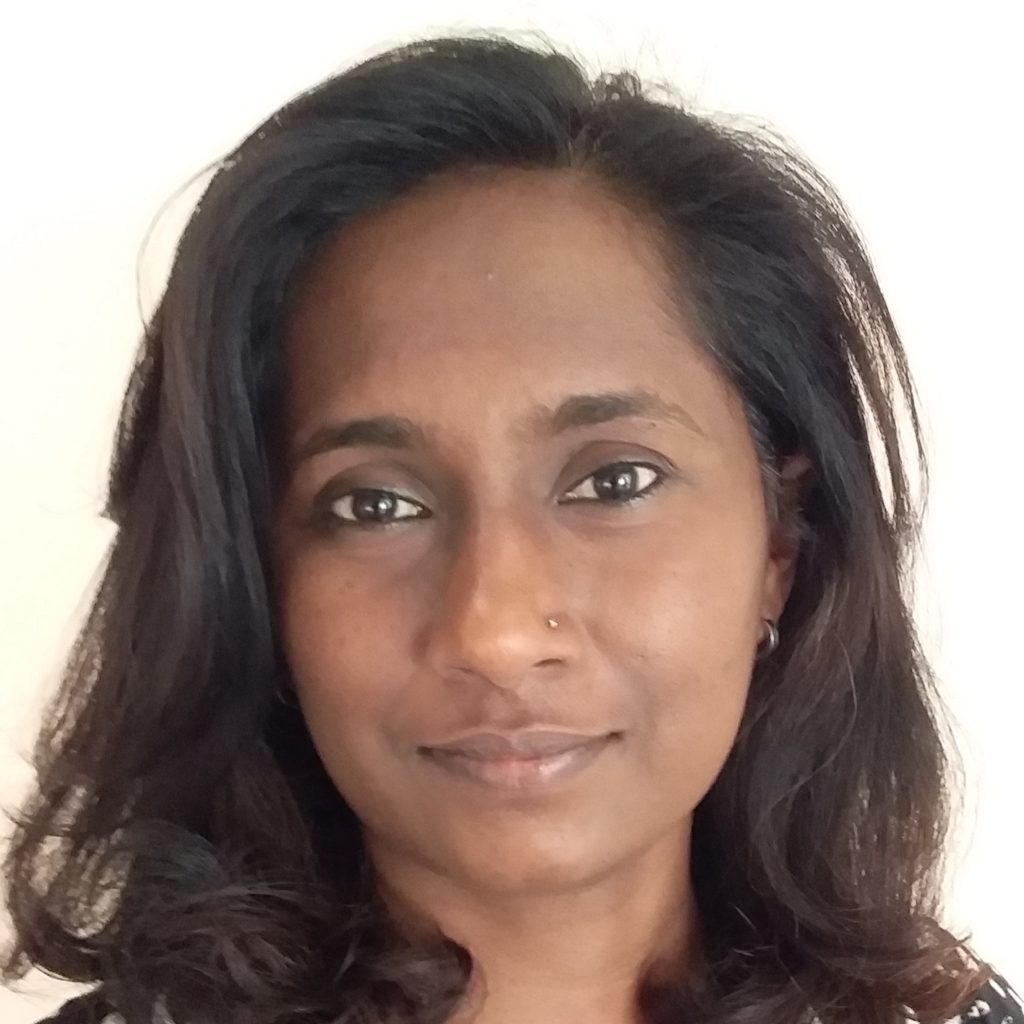
Sheila Senathirajah
ISEAL
Sheila works at ISEAL, a global membership association for credible sustainability standards. She works as a Senior Manager within the Innovations team focused on working with members to better understand and identify strategies to drive the uptake of sustainable practices. Within ISEAL, she is also responsible for the facilitation of the Living Income Community of Practice (LICoP), a community founded through a partnership between The Sustainable Food Lab, GIZ, and ISEAL aimed at supporting activities focused on improving small-scale producer incomes toward achieving a decent standard of living.
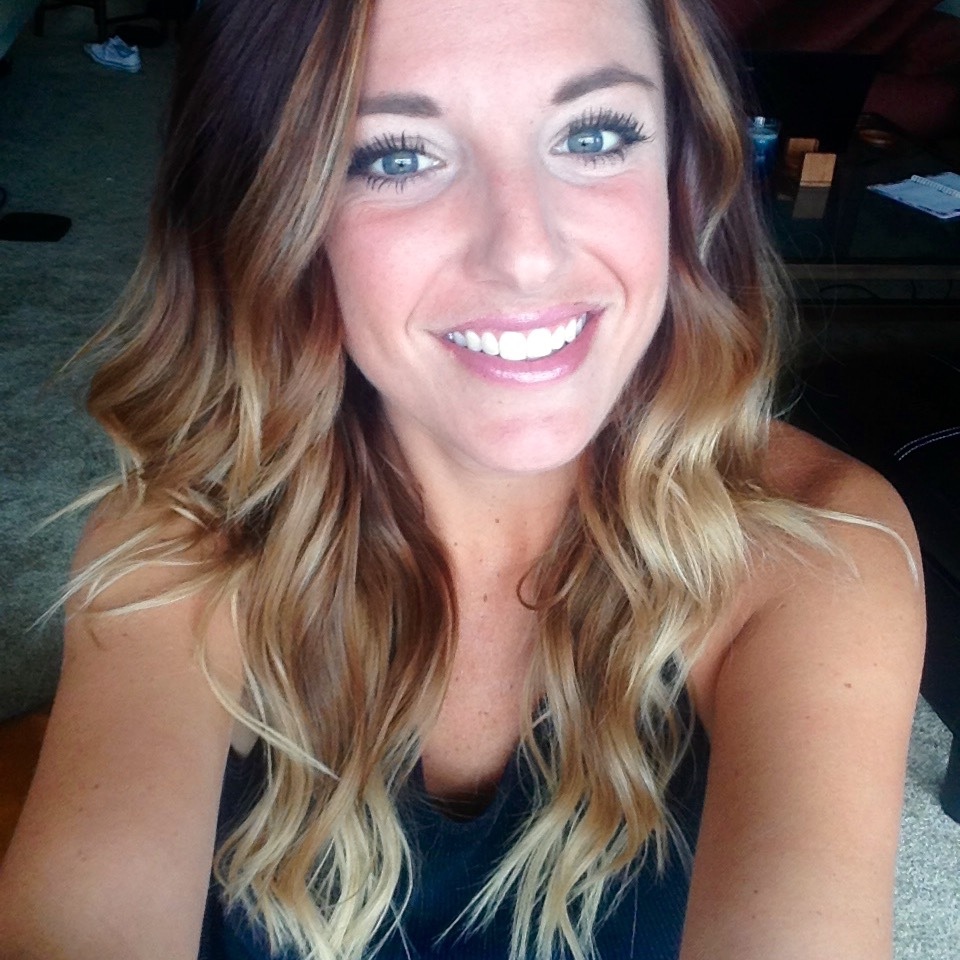
Gretchen Thuesen
Standards Manager, Fair Trade USA
Gretchen Thuesen was born and raised in Seattle, but spent much of her childhood in international waters. She and her family sailed around the world for five years; a life-changing experience that led her to pursue a career in marine biology. Her career has focused on the wild capture fisheries sector, with beginnings as a field scientist before evolving to more holistic sector work incorporating not just data and fisheries management, but supply chain dynamics and livelihoods as well. Gretchen is passionate about deep stakeholder engagement to identify commercially viable seafood market solutions that incorporate sustainability, responsibility, and legality. Gretchen is the Seafood Standards Manager at Fair Trade USA, where she develops policies and guidance documents for the implementation of the wild capture and aquaculture programs, provides guidance on interpretation of the seafood standards, and serves as a seafood subject matter expert for the organization in general.
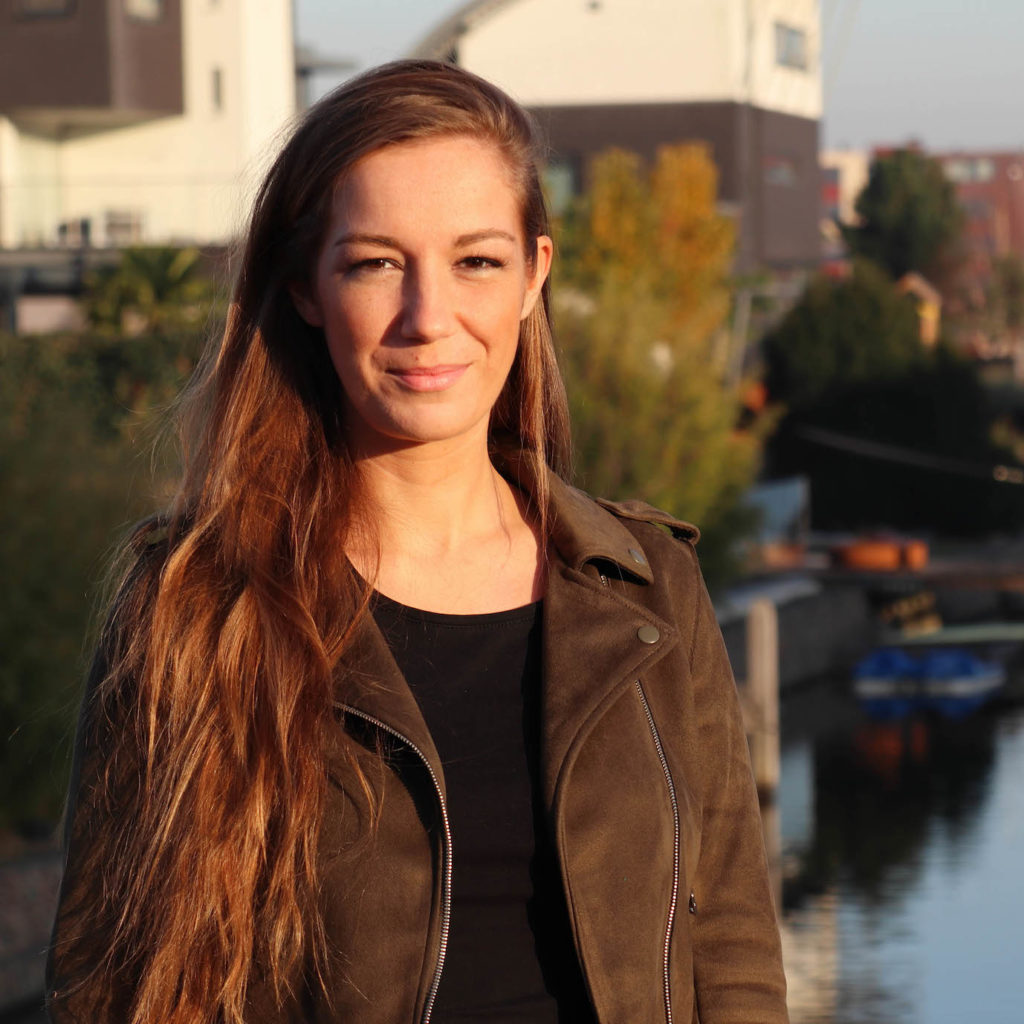
Eva van Heukelom
Partnership Manager, Global Sustainable Seafood Initiative
Eva is the Partnership Manager of the Global Sustainable Seafood Initiative Initiative (GSSI), a global public-private partnership accelerating seafood sustainability through company leadership. With her background in international law, Eva is focused on leveraging international instruments to make the seafood industry more environmentally and socially sustainable. Eva graduated with distinction with her LLM in International and European Public Law and her LLM in International Trade and Investment Law at the University of Amsterdam.
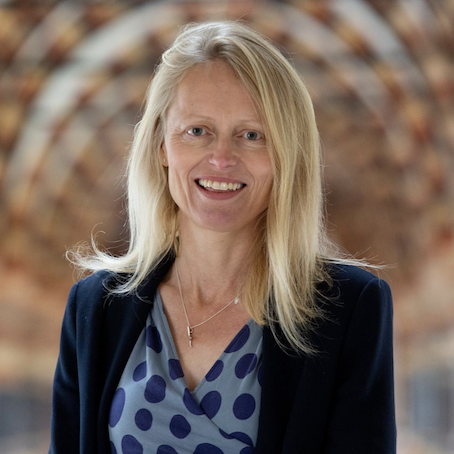
Libby Woodhatch
Executive Chair, MarinTrust
Libby Woodhatch has had a varied career in the seafood supply chain and standards development spanning over 20 years. Prior to taking on the role of Executive Chair of MarinTrust, she was Head of Advocacy at Seafish, where her remit included the development of the Responsible Fishing Scheme (RFS) standard and Seafish’s wider programme in seafood ethics. Libby was CEO of the industry body Seafood Scotland for ten years, where she helped improve the value of return to the Scottish seafood industry. During this time she also sat on the MSC’s Stakeholder Council. Libby has just completed a 9 year term as Vice Chair of the charity the Fishermen’s Mission, which provides welfare and support to fishermen and their families. Libby holds a BSc (Hons) in Fisheries Science from the University of Plymouth and an MSc in Fisheries Development & Planning from the University of Hull.
